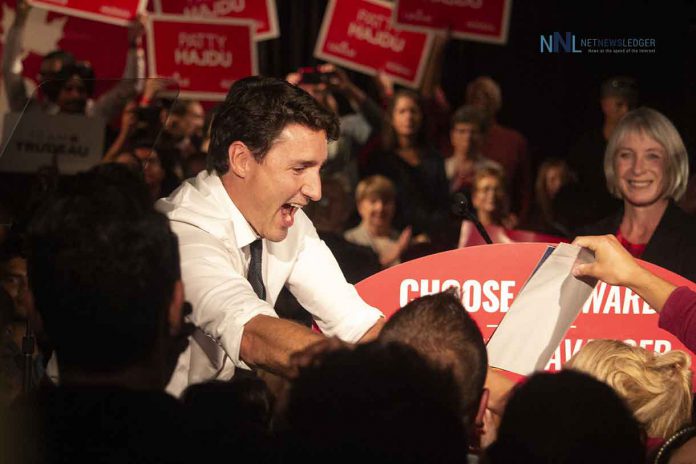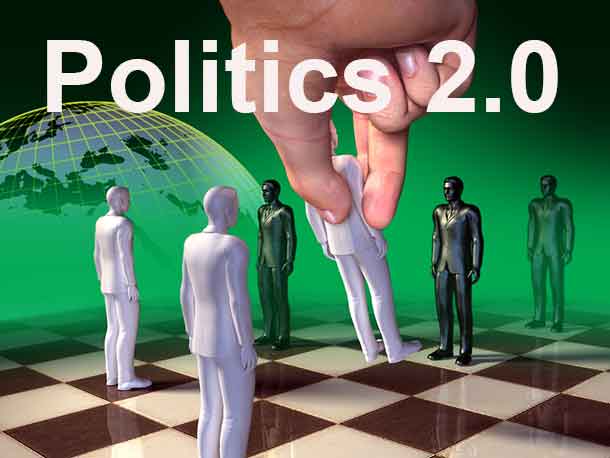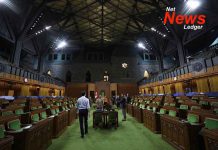Thunder Bay, ON – Analysis – The Liberal government’s capital gains tax increase and a $53 billion spending plan over the next five years have sparked significant debate on the budget’s potential impact on inflation, mining, and the business landscape.
The Liberals are already taking the budget to their supporters in a fundraising drive. Budget 2024 is a pre-election “tax and spend” budget according to many analysts.
The real impact will be seen in how the changes to capital gains will result in investment for business capital spending. Critics are already stating that the increased spending will not likely address the low productivity growth and housing and real estate markets as much as hoped.
The Liberal government’s latest budget promises aid to Millennials and Gen Z facing soaring housing costs and inflation. However, fiscal experts are sounding the alarm about missed spending targets, higher taxes, and a persistent deficit problem that could further fuel inflation and harm businesses.
Broken Promises and Rising Spending
Despite announcing a strategic review over a year ago to save $15.4 billion, the government has fallen far short, finding only $9 billion in savings. This comes as the budget introduces a hefty $53 billion in new spending, including $480 billion in the next fiscal year and an additional $54 billion to service the country’s debt.
Finance Minister Freeland’s “soak-the-rich” tax plan raises the capital gains tax on those earning more than $250,000 annually from the sale of stocks or property (excluding primary residences). This move, expected to generate $19.4 billion over five years, is a significant blow to investors and businesses, potentially harming capital spending and discouraging much-needed investment in the rental real estate market.
Inflationary Concerns:
Economists warn that the substantial spending increases, particularly the $19 billion aimed at housing and affordability, could contribute to rising inflation. While intended to address social needs, this injection of money into the economy risks further driving up the cost of goods and services.
The projected deficit for FY24/25 remains stubbornly high at $39.8 billion (1.3% of GDP), casting doubt on the government’s commitment to previously announced fiscal anchors. Economists like Philip Cross of the National Post argue that these deficits will counteract the Bank of Canada’s efforts to fight inflation and violate previous agreements between the government and the central bank to work together on this issue.
Housing Focus, but Questionable Impact
While pre-announced housing measures aim to ease affordability concerns, the increased capital gains tax will disproportionately impact those planning to sell properties with low cost bases. Some measures, like extending mortgage amortizations, may provide short-term relief but could drive up prices further in the long run.
Political Reaction
Pierre Poilievre, Leader of Canada’s Common Sense Conservatives, released the following statement on Justin Trudeau’s disastrous budget:
“After eight years of Justin Trudeau, the budget is still not balancing itself. Everything Justin Trudeau spends money on gets worse and more costly. Trudeau has spent, Canadians are broke, and the country is broken.
“We have a doubling of housing costs. We have 8,000 people joining a Facebook group to study how they can get a meal out of a dumpster after food prices have gone up faster than at any time in a generation because of the carbon tax Trudeau is imposing on our food. A carbon tax that, with the help of the NDP, he plans to quadruple to 61 cents a litre.
“And today, did he learn anything from these catastrophic failures? No. Instead, Trudeau doubles down on the same failures with $40 billion of new spending. That’s to say $2,400 for every family in new government debt and new inflationary spending. And now for the first time in a generation, we’re spending more on debt interest than on healthcare.
“That’s money for bankers and bondholders rather than doctors and nurses. And now, Justin Trudeau’s Finance Minister says that what Canadians really need is a stronger government. Well, they created a stronger government, in order to make for weaker and more miserable people. This is not a government that gives people everything they want. It’s a government that takes everything they have.
“Common Sense Conservatives want big Canadian citizens with a smaller and more efficient government. A state that is the servant and not the master. Where our priorities are to axe the tax, build the homes, fix the budget and stop the crime.
“As soon as the NDP takes away its support from Justin Trudeau, Canada will have a carbon tax election where the people will be able to make decisions for themselves. A Canada where people can earn powerful paycheques that can buy affordable food, gas, and homes in safe neighbourhoods. A Canada that is based on the common sense of the common people.”
Ontario Reaction
Peter Bethlenfalvy, Ontario’s Minister of Finance, issued the following statement in response to the 2024 federal budget: “Today’s budget was a missed opportunity to scrap the costly federal carbon tax, which is making everything from gasoline to groceries more expensive. Our government continues to urge the federal government to put more money back into peoples’ pockets by eliminating the carbon tax once and for all, particularly at a time when it is contributing to high inflation.
“Canada is not immune to global economic uncertainty. Now more than ever, as our government rebuilds Ontario’s economy, we need our federal partners to support our plan to build. We were glad to see that the budget responded to Ontario’s call for more housing-enabling infrastructure funding to support getting more homes built. We look forward to working with our federal partners and municipalities to ensure that this funding supports our shared goal of building homes for people to own that also reflects unique needs of local municipalities.
“However, we are disappointed by the lack of dedicated funding to expand two-way, all-day GO train service to Milton. Our government recently announced the largest expansion of GO train service in more than a decade and we urge the federal government to work with us to help commuters in Ontario get where they need to go faster. Our government is ready to invest.
“We are encouraged that the budget recognized the importance of Canada’s end-to-end electric vehicle battery supply chain and the benefits it will bring to remote, Northern and Indigenous communities, including through the new electric vehicle supply chain investment tax credit. We urge the federal government to help fully realize the potential of the billions of dollars in investment we have attracted to the electric vehicle and battery sectors by matching the more than $1 billion Ontario has dedicated to build all-season roads to the Ring of Fire region and by working with us to eliminate duplicative reviews and processes that are slowing down this nationally significant project, as we have recently done in the case of Highway 413.
“Several weeks ago, I released Ontario’s 2024 budget, Building a Better Ontario. It lays out a clear plan to rebuild Ontario’s economy and return to balance without imposing extra costs or new taxes on people, workers, businesses or municipalities. We stand ready to continue working with the federal government to get it done.”
Mining and Resource Sector:
The budget’s Indigenous loan guarantee program holds promise for unlocking resource development in Canada. This, coupled with Stephen Poloz’s efforts to mobilize domestic pension fund investments, could provide significant boosts to the mining sector. However, potential regulatory hurdles and uncertainty surrounding the capital gains tax increase could also have a dampening effect on investment.
Business Landscape:
- Capital Gains Tax: Companies and wealthy individuals impacted by the capital gains tax hike are scrambling to adjust strategies, likely leading to short-term market fluctuations. This move aims to generate substantial revenue, but may discourage investment and innovation in the long run.
- Divided Opinions: The budget’s tax changes have divided the small business community, with some fearing the additional burden and others viewing it as a necessary step towards greater fairness.
- Open Banking: The creation of a federal consumer agency dedicated to open banking could lead to increased competition and innovation within the financial sector.
Bottom Line
Budget 2024 reads as a pre-election spending spree designed to appeal to younger voters. However, the government’s inflationary policies, tax hikes, and persistent deficits may ultimately overshadow any promised benefits, hurting businesses and the overall economy.







